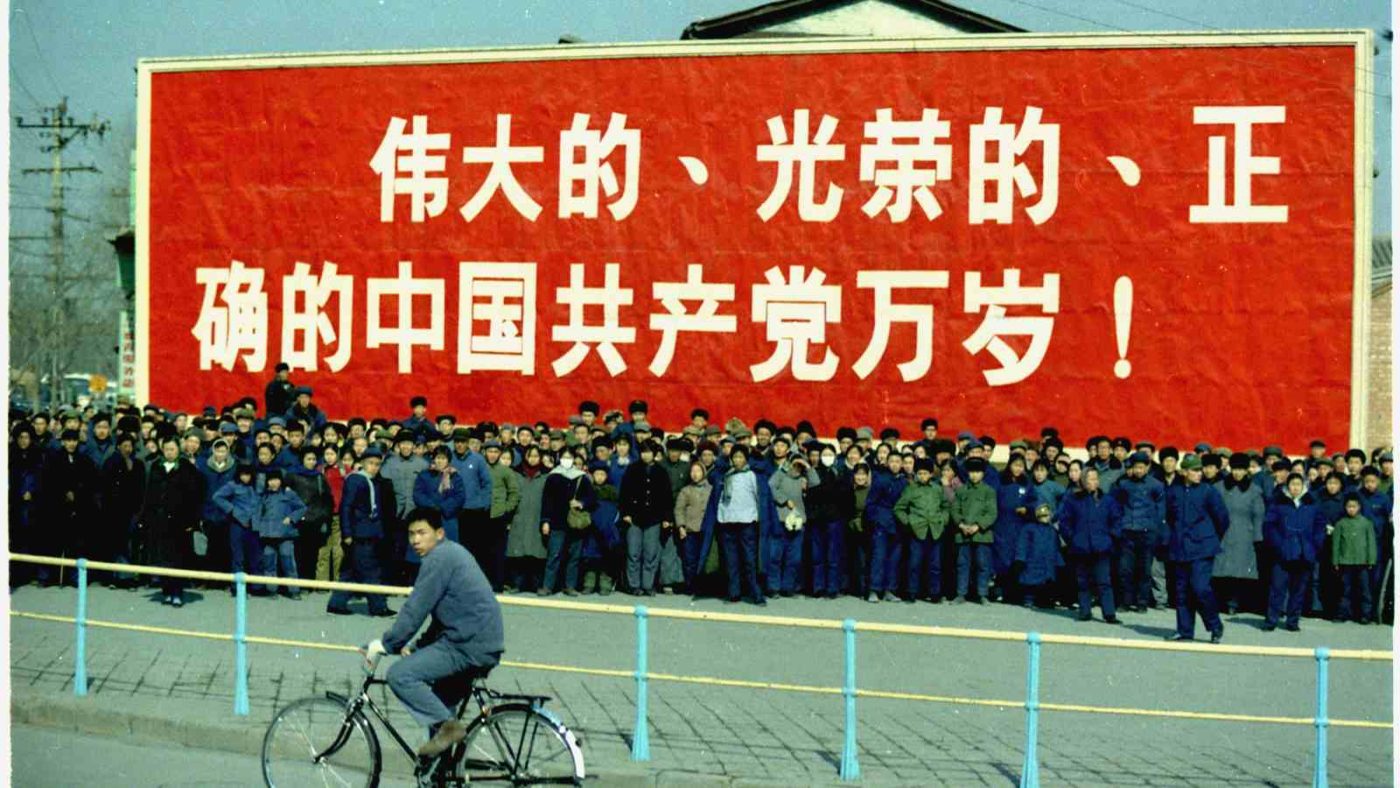Beginning in March 2020, the Chinese Communist Party (CCP) surprised the world by pursuing a global campaign of disinformation around covid-19. This included accusations from state media and diplomats that the virus was a bioweapon, that covid-19 did not originate in China, and more recently, disinformation targeting Western vaccines. Before 2020, Chinese disinformation focused on hot-button issues that impacted the CCP’s core claims to legitimacy: Hong Kong, Taiwan, and Xinjiang. China-watchers and the disinformation community were therefore taken aback when China launched such aggressive global information operations during 2020. It seemed this was something new. In fact, China was actually following a playbook that Mao Zedong and the CCP honed during the Korean War in coordination with North Korea and the Soviet Union.
In 1952, China and its allies launched a disinformation campaign which accused the U.S. of using biological weapons in North Korea and northeastern China. The Chinese People’s Liberation Army (PLA) produced fabricated evidence of the U.S. military dropping bubonic plague, anthrax, cholera, and other diseases from its planes. We now know from declassified Soviet documents that the allegations were fraudulent, but at the time the disinformation led to millions of people marching in anti-American protests, including demonstrations in almost every West European capital. The U.S. government was concerned enough to produce a National Intelligence Estimate report on the disinformation in 1952.
Mao’s playbook then looks eerily like Xi Jinping’s playbook today. During the Korean War, China refused access for independent investigators from the World Health Organization (WHO) and the International Committee of the Red Cross (ICRC) to evaluate the accusations. Instead, China relied on organizations willing to trust the PLA’s evidence with few questions. They also used Western Sinophiles like Dr. Joseph Needham, a British scientist and Marxist, to boost the legitimacy of their allegations.
In 2021, China only allowed the WHO partial access to investigate the origins of the virus, restrictions that even WHO Director-General Tedros Adhanom Ghebreyesus has criticized. The WHO was largely forced to accept Chinese evidence at face value, without being able to conduct its own research. To promote its disinformation on the origins of the virus, China took words out of context from respected scientists including Dr. Robert Redfield at the U.S. Centers for Disease Control and Prevention and Dr. Alexander Kekulé at the German Institute for Biosecurity Research. The CCP also commissioned its own scientists to identify other countries as the source of the virus.
While China likely instigated the biological warfare disinformation, the Soviets not only amplified the content to help it reach a wider audience, but Soviet military personnel in North Korea assisted with the fabrication of evidence. In Spring 1952, one-quarter of all Soviet media coverage was dedicated to the false allegations. Today, researchers have not (yet) seen evidence of explicit Sino-Russian coordination in the information environment, but there was substantial circular amplification of narratives during covid-19. Since November 2019, two out of five of the most retweeted outlets by CCP-linked accounts were Russian state-funded RT and Sputnik, which allowed the two authoritarian states to recycle one another’s material. Some of China’s most inflammatory covid-19 disinformation came from Global Research, a pro-Kremlin conspiracy site. With these recent developments in mind, and given that China and Russia have a past history of disinformation cooperation during the Korean War, could that make coordination more likely in the future?
It is very possible. Both countries have a strong aversion to fact-based reporting, both see information as simply a means to achieve political ends and both regard themselves as engaged in a continuing conflict with the West. It is highly likely that China and Russia will continue to see benefits in peddling the same untruths, even if we don’t see high-level coordination.
The Korean War also shows that China is unlikely to ever fully admit it has lied in the past, for the very obvious reason that such a confession would be tantamount to an admission that it is lying in the present. For the foreseeable future, it will assert that covid-19 started somewhere other than Wuhan. While some PLA veterans from the Korean War have written that biological warfare evidence was falsified, the CCP has never fully recanted the allegations and media coverage in both China and North Korea continues to periodically reassert the claims.
By studying the past, policymakers will be less surprised and more prepared the next time China spreads disinformation during a public health crisis. Beyond public health and biological warfare, other aspects of China’s historical information operations could give us clues to tomorrow’s strategies and tactics. With time, like the declassified Soviet records, uncovered documents may provide proof that China knowingly spread disinformation about covid-19.




